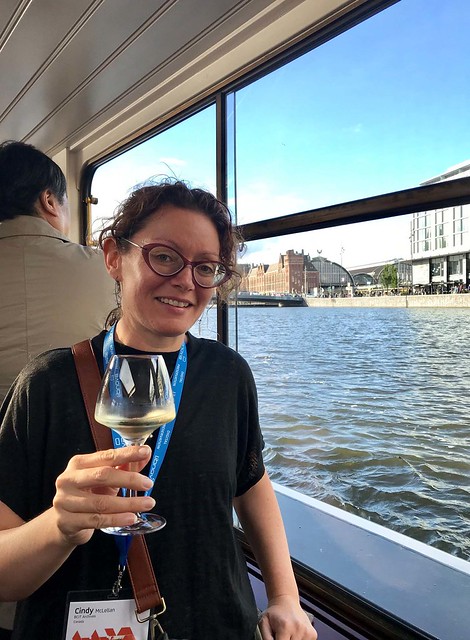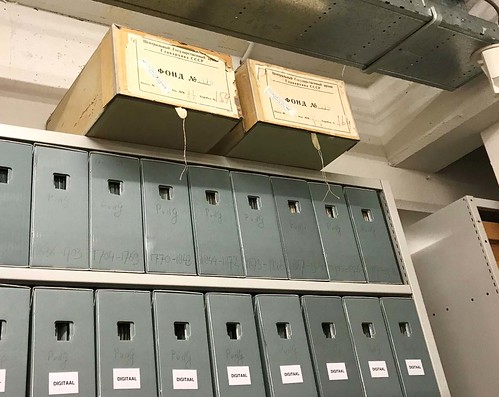 Name: Zoë Esseiva
Name: Zoë Esseiva
Program: Bachelor of Science in Nursing
What attracted you to becoming a Peer Tutor?
I love meeting new people and supporting my peers.
How has working as a Tutor helped you?
By helping my peers to develop their writing skills I have improved my own grammar, sentence structures, and writing clarity. It’s a win-win situation!
If you could give one piece of advice to a BCIT student what would it be?
Your mental health is important. Ask for help and access counselling services!!! It’s free!
What would your dream job be when you leave BCIT?
While the exact area of nursing I wish to pursue can change from week to week, my career and life goals revolve around using my skills to supporting vulnerable communities. My dream job will likely involve working in mental health, addictions, and perinatal care.
If you had a free day, how would you spend it?
Curled up with an oat milk latte and a sci-fi novel!
 Name: Aaron Rooke
Name: Aaron Rooke




 Name: Ken Ric Licang
Name: Ken Ric Licang